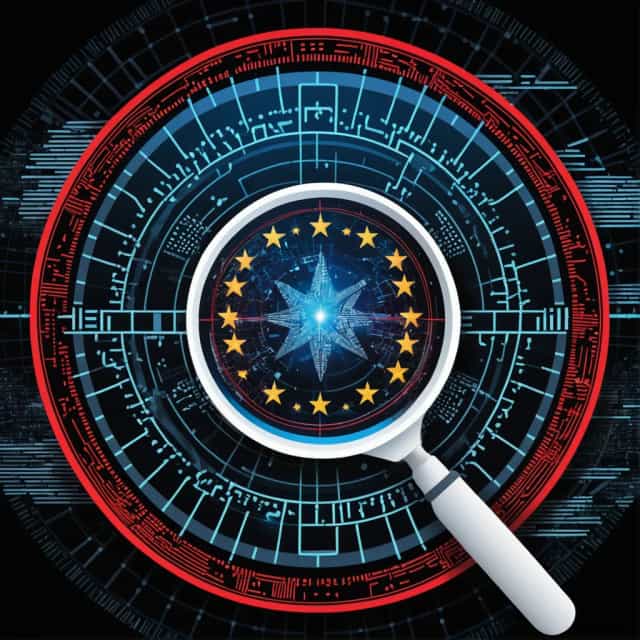
Image source: Block Media
Australia Mandates Financial Services Licenses for Digital Asset Exchanges
The Australian government has introduced a groundbreaking mandate requiring digital asset exchanges to obtain an Australian Financial Services License (AFSL). This regulatory shift represents a significant evolution in the nation’s approach to overseeing the crypto industry, aimed at fostering transparency, enhancing consumer protection, and ensuring the sustainability of legitimate businesses.
New Licensing Requirements Impact 400 Crypto Exchanges
Currently, around 400 digital asset exchanges are registered under the Australian Transaction Reports and Analysis Centre (AUSTRAC). Operating legally in the existing framework requires adherence to anti-money laundering (AML) measures and Know-Your-Customer (KYC) protocols. However, the proposed amendments signal a much stricter compliance landscape by introducing a mandatory AFSL, ensuring exchanges align with broader financial industry standards.
According to reports from multiple sources, including Blockhead, these legislative updates will establish a more robust regulatory environment, transitioning from minimal compliance obligations to a framework that integrates consumer trust and operational accountability.
ASIC to Enforce Regulatory Compliance
Oversight of the updated framework will be entrusted to the Australian Securities and Investments Commission (ASIC). Under the revised AFSL system, crypto exchanges will be required to operate with "efficiency, honesty, and fairness," aligning with the ethos of traditional financial institutions.
ASIC will also wield authority to impose penalties on exchanges found guilty of engaging in deceptive behavior, enforcing unfair contractual agreements, or violating fiduciary obligations. Crucially, the updated regulations apply only to exchange platforms, ensuring other entities like digital asset projects do not fall under the same umbrella of restrictions. This targeted focus reflects a streamlined approach to regulating the broader digital asset ecosystem without stifling innovation at its foundational levels.
Establishing New Definitions for a Modernized Market
The legislation introduces distinct definitions for "digital asset platforms" and "tokenized custody platforms," laying a groundwork for more precise regulatory oversight. Certain tokens that function as financial products will remain governed by pre-existing financial frameworks, avoiding redundant restrictions under the amended laws.
ASIC is expected to provide detailed regulatory guidelines by November, which will clarify the specific tokens subject to the new provisions. Meanwhile, digital assets explicitly designed for non-financial use cases will retain their status quo under existing regulations. This includes assets like game tokens and non-fungible tokens (NFTs) with artistic or recreational functionalities, further delineating financial tokens from utility tokens.
Advancing Consumer Protection and Business Clarity
Speaking at the Global Digital Asset Summit organized by the Digital Economy Council, Australia’s Assistant Treasurer Daniel Mulino underscored the rationale driving this legislative overhaul. Mulino emphasized the dual objective of regulating legitimate operators while mitigating risks posed by bad actors.
"Our goal is to bring legitimate businesses into the regulatory fold while eliminating bad actors, providing certainty to businesses and building trust for consumers," Mulino stated. This sentiment echoes Australia’s commitment to fostering a secure and trustworthy ecosystem that balances industry innovation with consumer protection.
Stablecoin Licensing: A Parallel Development
In tandem with digital asset exchange oversight, Australia is preparing to introduce a comprehensive licensing framework for payment systems, with a particular focus on stablecoins. Stablecoins are emerging as pivotal components of the financial ecosystem, bridging traditional currency stability with the flexibility of blockchain technology.
ASIC has already approved two Australian dollar-backed stablecoins, AUDM and AUDF, while Coinbase has announced plans to launch its own AUD-pegged stablecoin, AUDD. These actions highlight Australia's proactive engagement with the growing stablecoin market, signaling a supportive stance toward technological innovation balanced with regulatory prudence.
A Vision for a Transparent Digital Asset Ecosystem
Australia’s evolving regulatory strategy underscores its commitment to establishing a transparent, sustainable, and trustworthy digital asset ecosystem. By mandating AFSL compliance for digital asset exchanges, the government aims to instill confidence among consumers and create a level playing field for legitimate operators.
As the nation progresses with additional measures for payment systems, including stablecoins, these initiatives collectively showcase Australia’s ability to blend innovation with regulatory rigor. The balance struck in these reforms demonstrates the country’s aspiration to remain a global leader in the digital economy while safeguarding the interests of businesses and consumers alike.










